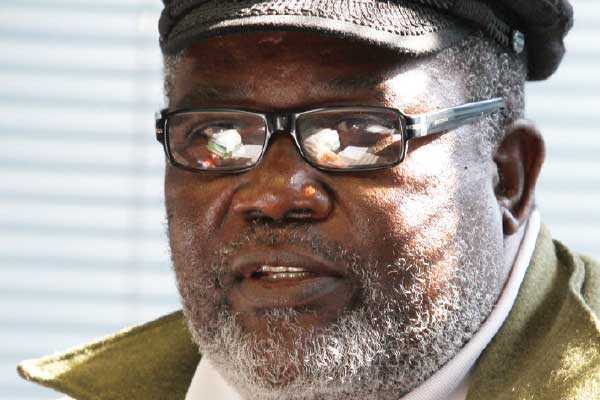Union challenges Khama’s powers to appoint Judges
National Amalgamated Local Central Government and Parastatal Workers Union says Section 4 of the Court of Appeal Act, which gives President Ian Khama powers to appoint judges of the Court of Appeal, is unconstitutional.
In the case before Lobatse High Court Judge, Abednico Tafa the union is challenging President Khama’s powers to appoint judges. Attorney Mboki Chilisa, representing the union argued on Wednesday that, “Section 4 of the Act is on its face, quite clearly not compatible with section 99 (2)(b) of the Constitution.”
Section 4 of the Act provides that, “The court of Appeal shall, in addition to the judges provided for under the Constitution, consist of such number of Justices of Appeal as the President of Botswana may consider necessary to appoint.”
The union further argues that, “Section 99 (2)(b) expressly and unambiguously requires that the number, if any, of Justices of Appeal (in addition to the President of the Court of Appeal, the Chief Justice and other judges of the High Court) is to be prescribed by Parliament.”
In his founding affidavit, the Organising Secretary of the Union, Johnson Motswarakgole said Section 4 is “constitutionally invalid” and that the current practice of appointing justices of appeal is “unlawful” and as consequential relief seeks declaratory relief against all the judges of appeal except for the judge president whose office is created by the constitution.
According to Section 99 (2) of the Constitution, the Judges of Court of Appeal shall be (a) the President of the Court of Appeal, (b) such number, if any, of Justices of Appeal as may be prescribed by Parliament and, (c) the Chief Justice and other judges of the High Court.
The state responded that the union does not have a locus standi in the case, adding that the power conferred on Parliament by Section 99 is a legislative power. The union also argues that it is unconstitutional for reappointment of Justices of Appeal to be a further three years. They say such discretion would be incompatible with the constitutional principle of judicial independence.
“Judicial independence and impartiality are deeply held values entrenched in section 10 (9) of the Constitution. A discretion vesting in the President to decide whether or not to re-appoint a Justice of Appeal whose three year fixed term period of office has expired would be incompatible with these entrenched values,” states the union.





